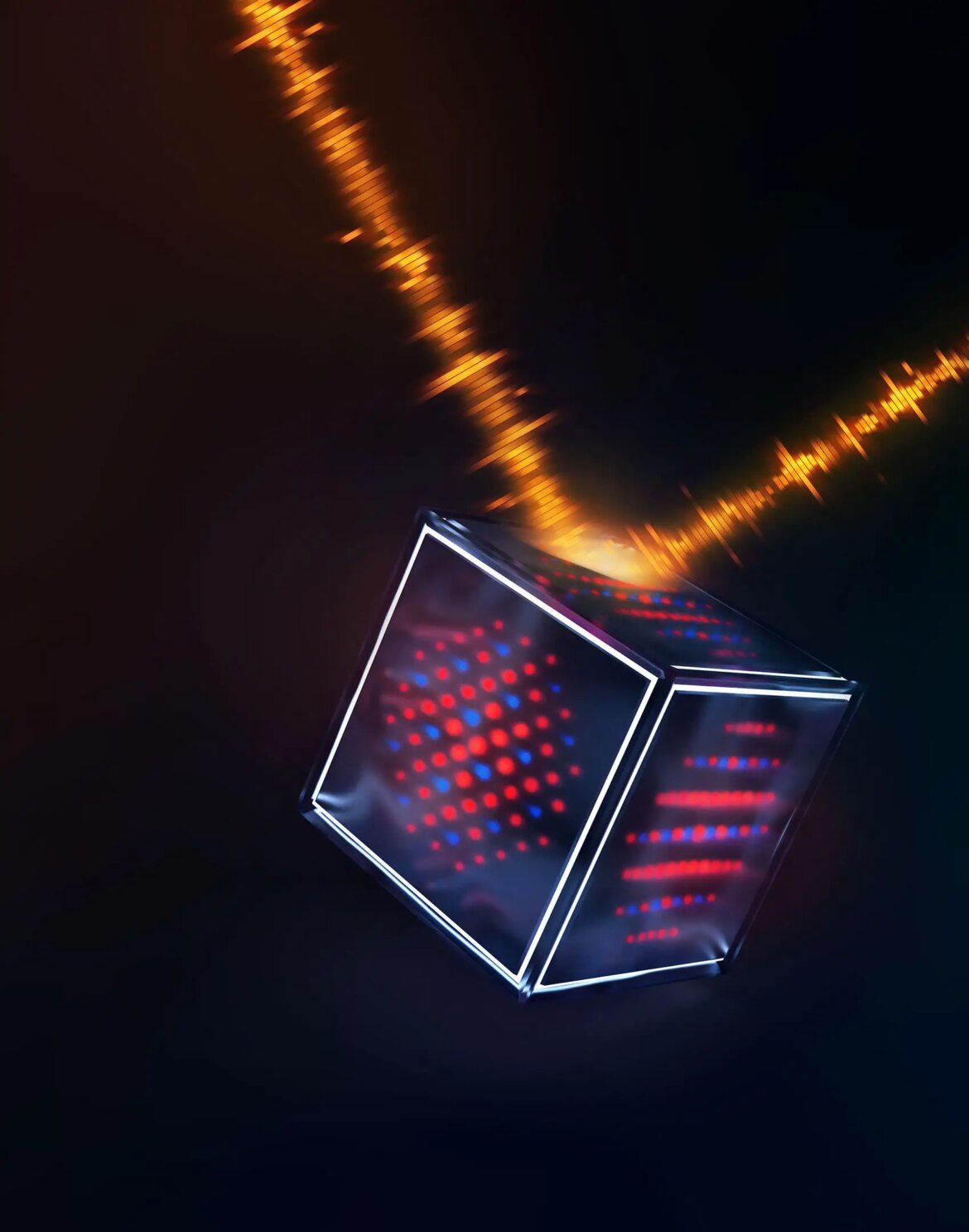By harnessing Quantum Error Correction (QEC), researchers have achieved a significant breakthrough in the realm of quantum computing. They have successfully prolonged the lifespan of quantum information, surpassing the critical breakeven point. This remarkable feat opens up new avenues for efficient quantum information processing in the midst of real-world disturbances.
Understanding Decoherence and the Role of Quantum Error Correction
Decoherence is a fundamental phenomenon where quantum principles transition into classical behavior. This transition poses substantial challenges when utilizing quantum laws for information processing, particularly in the field of quantum computing. Practical issues such as stray radiation can cause qubits in a quantum computer to deviate from their intended quantum states, resulting in the loss of valuable information.
The Concept of the Breakeven Point and Quantum Error Correction
Quantum Error Correction (QEC) is an approach employed to counteract the adverse effects of decoherence. However, previous attempts to implement QEC in experiments were largely unsuccessful due to the slower pace of error correction compared to the rate of decoherence. As a result, the quantum system lost information faster than QEC could compensate. The term “breakeven” describes the critical juncture where the added complexity of the error correction circuitry manages to neutralize the impact of induced decoherence.
Expanded Lifetimes and Promising Prospects
In a groundbreaking experiment, scientists have successfully extended the lifetime of quantum information beyond the breakeven point by more than twofold. This significant achievement demonstrates that there are no inherent barriers to extending the lifespan of quantum information through active interventions. The experimental results align with theoretical predictions and pave the way for quantum information processing in the presence of noise caused by radiation, cosmic rays, and other external sources.
Looking Ahead: Error-Corrected Qubits and Real-World Challenges
Since real-world quantum systems are inevitably affected by noise, the next challenge for this research platform is to achieve high-fidelity logical operations between two error-corrected qubits.
Implementation of Grid Code in Quantum Experiments
The experiment employed the grid code within an electromagnetic mode located in a superconducting cavity. The quantum state of this mode was managed by an auxiliary superconducting circuit known as the transmon. To conduct the experiment, scientists cooled the system inside a dilution refrigerator to a temperature 100 times colder than the cosmic background of outer space. An external controller coordinated the quantum error correction process, which lasted only a few hundred nanoseconds. Furthermore, a reinforcement learning agent optimized the process to compensate for imperfections in the experimental setup and the controller.
Reference: “Real-time quantum error correction beyond break-even” by V. V. Sivak, A. Eickbusch, B. Royer, S. Singh, I. Tsioutsios, S. Ganjam, A. Miano, B. L. Brock, A. Z. Ding, L. Frunzio, S. M. Girvin, R. J. Schoelkopf, and M. H. Devoret, 22 March 2023, Nature.
DOI: 10.1038/s41586-023-05782-6
This work was conducted at Yale University and received partial funding from the Co-design Center for Quantum Advantage (C2QA), a national research center for quantum information science led by Brookhaven National Laboratory.
The research was supported by the U.S. Army Research Office and the Department of Energy Office of Science, National Quantum Information Science Research Center, Co-design Center for Quantum Advantage (C2QA). The fabrication facilities used in this study were supported by the Yale Institute for Nanoscience and Quantum Engineering and the Yale School of Engineering & Applied Science Cleanroom.


